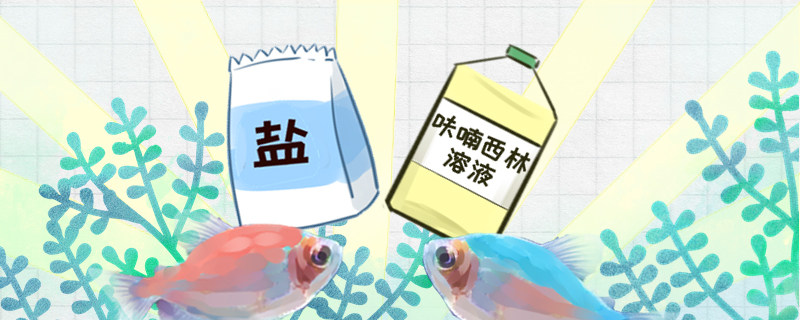
White spot disease is a common disease of tropical fish, which is caused by a parasite called Ichthyophthirius, so it is also called Ichthyophthirius disease. After suffering from this disease, the body will appear white spots, and the appetite will be reduced, but also do not love activities. Because the parasite can not tolerate the water temperature of 30 C, it can be effectively treated as long as the temperature is properly raised.
Saprolegniasis is usually caused by fungi invading the wound after the fish is injured. Usually, the mycelium has grown out when it is found, and there is white flocculent material in the wound. For this disease, besides changing water, warming up and adding salt, it also needs to be soaked in medicinal bath. Usually, povidone iodine solution or potassium permanganate mixed with brine can be used for soaking for 20-30 minutes.
rotten tail disease is mostly caused by poor water quality. The fish body is stimulated by the new water, or the bacteria in the water infect the wound and cause the disease. After the disease, the tail edge is milky white, then it will rot, and the fin rays will become broom-like. This kind of disease needs to use furacilin or furazolidone solution to treat, every time soak 10-20 minutes, wash on a few times good.
When the fish suffers from Erect scale disease, its scales will open outward and may fall off. This disease is often caused by poor water quality, so we must change water in time, and pay attention to adjusting water quality, or replace filtering equipment. In addition, you can add a proper amount of sulfonamide preparation to the water, usually 50 liters of water plus 1 gram can be.